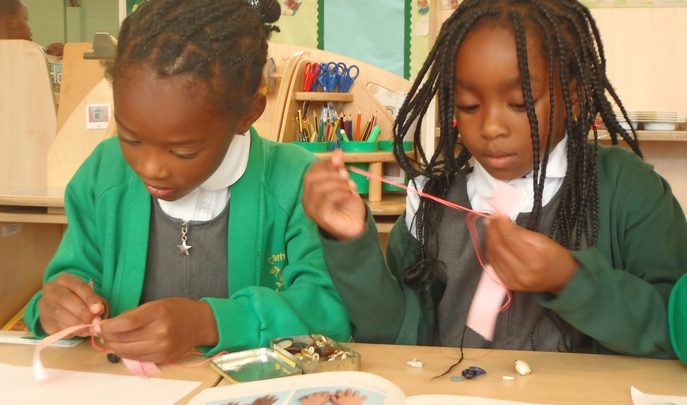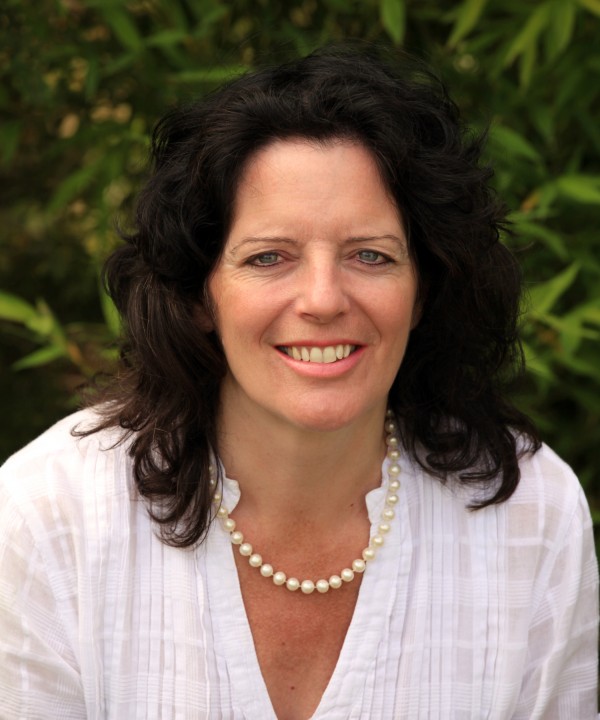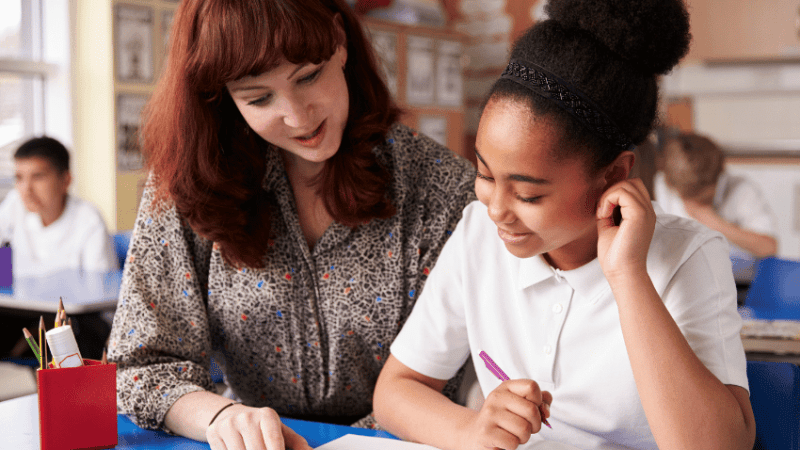Put The Kids In Charge – How To Foster Effective Play-Based Learning At KS1

Child-initiated learning in Y1 shows that when it comes to engaging young learners, play is serious business, says Anna Ephgrave…

- by Anna Ephgrave
- Early years consultant, author and former assistant headteacher Visit website

At Carterhatch, we’ve found a way to ensure that every single child of the 90 in Y1 has access to an education that is uniquely suited to them as individual learners. How? They are equipped with the literacy and maths skills they need in order to ‘play’ with, and learn about, the things that interest them.
Through this, they are thriving – their achievements are remarkable, and they remain the enthusiastic, independent, happy and unique individuals that they were when they first entered Y1.
Wanting to learn
Children at this stage want to learn. Moreover, they want to be active, autonomous and unique learners – exploring, discovering, creating and taking risks. In other words, they want to play. Regardless of their different life histories, and their unique personalities, interests, needs and skills, they all want to play in order to satisfy their desire to learn.
But in many schools, Y1 feels like secondary school, with formal, subject-specific lessons and an approach that implies ‘one size fits all’. Which, of course, is wrong. That ill-fitting education leaves many children bored and stressed, and extinguishes their desire to learn.
In many of these schools the curriculum has been narrowed down to virtually nothing but literacy and maths, as if these subjects are an ends in themselves, rather than being tools that can lead to exciting learning in infinite areas. It’s a tragedy for many five- and six-year-old children in England.
Play is a serious business
When you talk about play in a learning context, some people may instantly dismiss it as something like a few games of Connect 4, Snap and Hangman. While it can mean many things, let me stress that for me, play is ‘Whatever a child does in order to satisfy her desire to learn’. As such, play is a serious business.
The child who needs a light for the top of her robot will persevere with the wires, batteries and bulbs until she achieves success – this is play. The child who wants to traverse the complete run of monkey bars will stay outside for three hours trying different techniques – this is play. The child who wants the basketball net fixed will take the time to sit and writing a polite and clear letter to persuade the site staff to help – this is play. The child who wants to make pizza with only limited funds will discuss, read and research to make sure the result will be tasty – this is play.
These are just a tiny sample of the real examples of learning through play that I’ve witnessed in Y1 in the course of just one morning.
The underlying pedagogy
In these examples, as with all learning in Year 1 at Carterhatch, no one has told the children what, where, when or how to play. They have been pursuing their own interests, ideas and challenges in a superb enabling environment supported by responsive, skilled, empathetic staff.
Each day we have short, direct, adult-led teaching slots for reading, phonics and maths, but these are timetabled at the beginning and end of morning or afternoon sessions so that there are still long periods where children can get deeply involved in their play – applying their literacy and maths skills where appropriate, in order to further their learning. While staff constantly reflect on and review the timetable, the environment and their role in order to maximise learning, the underlying pedagogy is this – children are born with a natural desire to explore and learn and we, the adults, support them by creating an enabling environment, and through the relationships and interactions that the children experience.
We do not plan ahead; instead, we remain ‘in the moment’ with the children as they explore and learn. We observe carefully, and enhance the learning whenever we spot a ‘teachable moment’. Some of our observations, interactions and the outcomes are then recorded afterwards. This is a clear message – let the children choose what to do, join and support them in their pursuits, then write up a selection of what has happened.
Brain development
When a person learns something new, progress is made by synapses forming in the brain. When a child is deeply engaged in his play – persevering to master a new skill, stretching to the next rung on the ladder, arguing his point to a friend, cutting a shape with great precision, calculating the total cost of the items he wants to buy – new synapses are forming, learning is occurring and progress is happening. This is the state that children naturally want to be in; they don’t want to be bored. If they are bored, children will look for something else to do, even if this means them getting into trouble. I see behaviour issues arise in many schools, particularly during lengthy phonic sessions, structured writing tasks and some inappropriate adult-directed focused tasks. This behaviour should be seen as a message from the children – ‘I don’t find this engaging. This is not how I want to learn. Find a better way to support me!‘ In most schools, unfortunately, the blame is instead put on the children. ‘They can’t behave‘; ‘They never push themselves‘; ‘They can’t concentrate‘; ‘They have ADHD‘; ‘They’re lazy‘, etc.
I believe that if children are not engaged, then it’s usually the fault of the school – and the school that needs to change, not the children. Experience (mine and that of thousands of teachers around the world) shows that children display this deep engagement when they are able to pursue their own interests, so we are striving to allow them to do so as much as possible. Having 90 Y1 children all directing their own play, all being deeply involved and all learning for the majority of every day that they are in school is an amazing achievement. It has involved careful organisation of the environment; the development of a ‘Planning in the moment’ system to ensure every child is covering the curriculum; and additional staff training to ensure that teachable moments are spotted and exploited in an appropriate way.
Of course, none of this would be possible without the support of the leadership team in the school, but this leap of faith has yielded fantastic results, and so the playful journey can continue.
Risky business
You don’t need to force children to learn – you just need to find a way they enjoy learning, and make that leap…
In this country’s fear-driven education system, younger and younger children are suffering with a narrowed curriculum and a formalisation of learning. The results of our play-based, child-led learning have been truly inspiring, proving that without formalisation, extreme control and fear, the children can thrive – proving that they do learn, and that they want to go on learning. We don’t have to force children to learn. We just have to find ways to teach them that are engaging, active and appropriate. Teachers need to support each other in resisting inappropriate initiatives, and also in trialling new ways of working. Be brave, take a risk, cause a bit of a stir – do what’s right for the children. If you need inspiration, take a quick video tour around the learning environment in our Y1 garden:
Anna Ephgrave is assistant headteacher for early years at Carterhatch Infant School; for more information, visit www.carterhatchinfants.com










